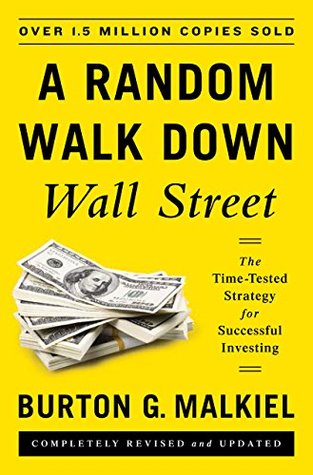Briefly, the swap market allowed two parties—called counterparties—to bet for or against the performance of the mortgage bonds, or the bonds of any other issuer. For example, suppose I hold bonds issued by General Electric and I begin to worry about GE’s creditworthiness. I could buy and hold an insurance policy from a company like AIG (the biggest issuer of credit default swaps) that would pay me if GE defaulted. The problems with this market lay in the fact that the issuers of the insurance such as AIG had inadequate reserves to pay the claims if trouble occurred. And anyone from any country
...more
Welcome back. Just a moment while we sign you in to your Goodreads account.


